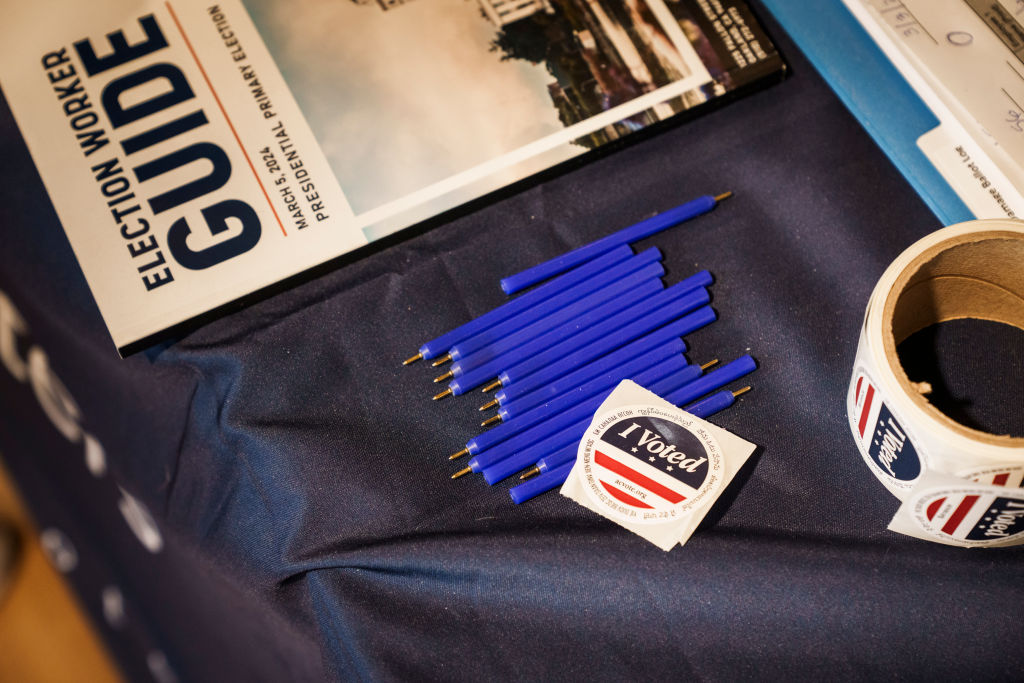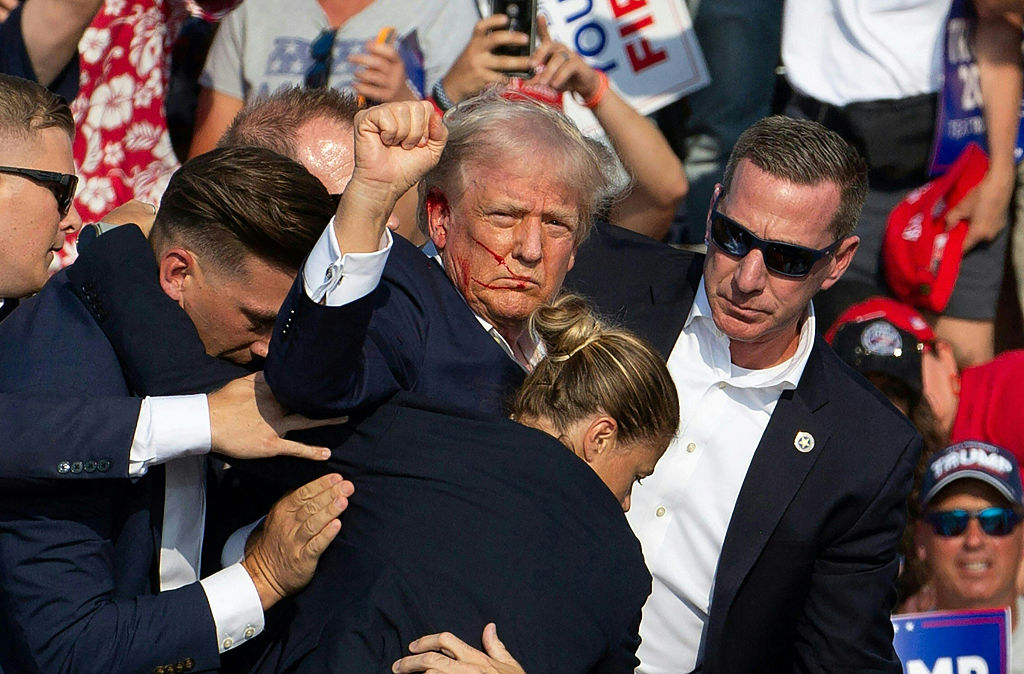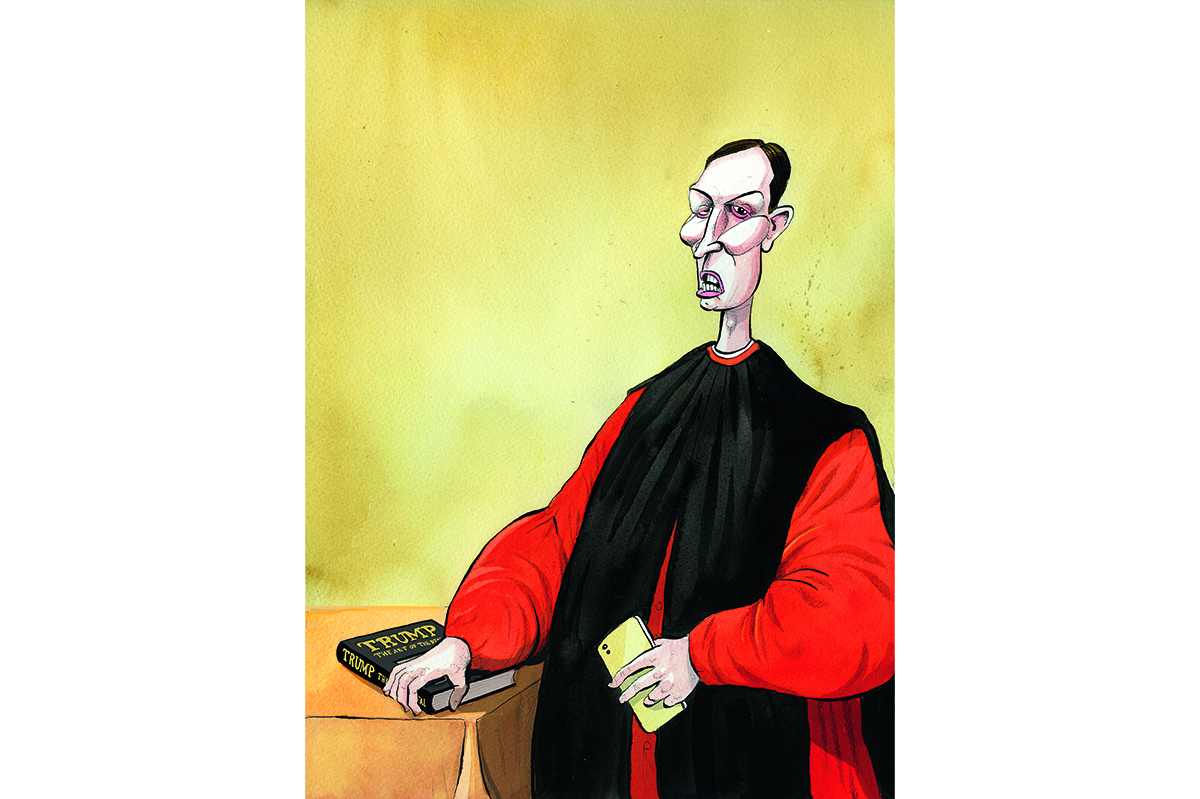Today is Super Tuesday, when sixteen states and one territory cast ballots in presidential primaries and caucuses throughout the country. More than a third of all delegates are set to be awarded. Traditionally, Super Tuesday has served as an ender of campaigns, giving a clear indication of which two candidates will move forward to the general election. This time around, there are little doubts of who each of the party’s nominees will be. Still, there are other significant trends worth keeping an eye on.
1. Will uncommitted voters show up and scare Biden?
“Uncommitted” voters showed up in droves last week in Michigan, casting over 100,000 protest ballots. Organizers in the state, most notably congresswoman Rashida Tlaib’s sister, Layla Elabed, pushed for Michiganders to vote in this way due to Biden’s policy toward the Israeli-Palestinian conflict. With a sizable Muslim population — including those in Dearborn, home to the largest Muslim population in the country per capita — the vote sent a clear message that worries Democratic strategists: steadfast support for Israel comes at a cost.
On the ballot in at least seven Super Tuesday states, voters will be able to select “uncommitted.” Although Michigan in particular had both the demographics and the organizing that made the protest vote a comparative success, there is reason to believe that the signal it sent may inspire others across the country to vote “uncommitted” as well. If thousands of voters throughout competitive states take this route, it could sound some alarms in the Biden campaign.
2. Haley’s last stand?
Former UN ambassador Nikki Haley has repeatedly promised to remain in the race against Donald Trump until Super Tuesday. With fleeing donors, including the prominent Koch network, which departed the Haley train following the South Carolina primary, Haley’s campaign faces a hard time.
Her win in the Washington, DC primary this weekend may have given Haley a small reason to brag, but if any remote chance still exists for her to catch up to Trump, she would have to prove it today.
Among the Republican contests, Alabama, Arkansas, Minnesota, Texas, Virginia and Vermont are holding open primaries (Democrats can vote). Meanwhile, in Colorado, Maine, Massachusetts, North Carolina and Tennessee primaries will be partially open (Democrats can’t vote, Independents can). In the least conservative states of the bunch, including Massachusetts and Vermont, the Republican horse race will be closer than in other states. Haley’s performance will determine what’s next for her, but any wins would be great news for her. And if she does end up carrying any of them, which is improbable, she could use them as leverage this time around, if not in 2028.
3. Will the other Democrats drop out?
After suspending her campaign last month, in a fascinating turn of events, Marianne Williamson announced Wednesday that she was unsuspending, following the results in Michigan where she surpassed congressman Dean Phillips.
While Williamson’s actions indicate her optimism, the reality is that the uncommitted vote in Michigan got double the support of Phillips and her combined. If Biden’s unpopularity with the progressive base is a real problem, some would assume that a candidate like Williamson, or the likes of Young Turks host Cenk Uygur, could shake things up. That hasn’t happened.
The most competitive challenger in the race against Biden is not even a person. None of his current challengers have the brand or the name ID that is required to challenge the country’s president. After Super Tuesday, realistically, they will have to drop out or wait passively in the race, hoping something unexpected happens.
4. What will happen in California’s Senate primary?
The death of Democratic senator Dianne Feinstein resulted in the opening of an extraordinarily powerful seat, as the Democrat who takes it may be able to hold onto it for decades.
The three big names fighting to get it are Democratic representatives Adam Schiff, known for his role leading impeachment charges against the former president, Barbara Lee, who has never lost an election, and Katie Porter, a progressive known for bringing her white board and some sharpness to the House.
California is an all-party primary, which means the top two candidates will advance to November’s general election regardless of party. So far, Schiff is likely to get the first spot. But he is concerned about challenging Porter in the general. For this reason, he has been spending heavily on boosting Republican candidate Steve Garvey, a former baseball player. Tonight, California will not only find out who its top two contenders are, but the country will see how Schiff’s strategy plays out.


























Leave a Reply